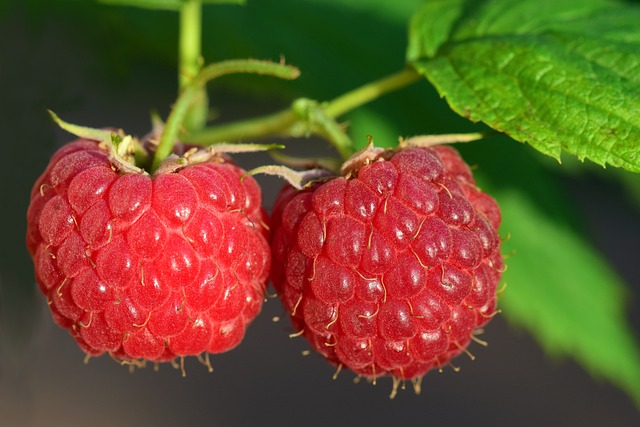Probiotics are live microorganisms that are good for our body, especially for our digestive system. They are found naturally in some foods like yogurt, kefir, and sauerkraut, or can be taken as supplements. Probiotics are known to improve our gut health and boost our immune system. However, what happens when you stop taking probiotics?
Effects of Stopping Probiotics
When you stop taking probiotics, the balance of good and bad bacteria in your gut can be disturbed. This can lead to a wide range of health problems, including:
- Digestive issues: Probiotics help keep your digestive system healthy by promoting the growth of good bacteria. When you stop taking probiotics, bad bacteria can take over, causing symptoms like bloating, constipation, and diarrhea.
- Weak immune system: Probiotics help boost your immune system by fighting off harmful bacteria and viruses. When you stop taking probiotics, your immune system may become weakened, making you more susceptible to infections and illnesses.
- Increased inflammation: Probiotics have anti-inflammatory properties that help reduce inflammation in your gut and throughout your body. When you stop taking probiotics, this inflammation can increase, leading to health problems like arthritis, asthma, and heart disease.
- Weight gain: Probiotics are known to help regulate your metabolism and prevent weight gain. When you stop taking probiotics, your metabolism may slow down, making it harder to maintain a healthy weight.
- Mood disorders: Probiotics have been shown to improve mood and reduce symptoms of anxiety and depression. When you stop taking probiotics, your mood may be affected, leading to feelings of sadness, anxiety, and irritability.
Rebuilding Your Gut after Stopping Probiotics
If you’ve stopped taking probiotics and are experiencing symptoms like those mentioned above, don’t worry. There are ways to rebuild your gut health.
1. Eat a healthy diet: Eating a healthy diet can help promote the growth of good bacteria in your gut. Focus on eating plenty of fresh fruits and vegetables, whole grains, lean protein, and healthy fats.
2. Take prebiotics: Prebiotics are a type of fiber that feeds the good bacteria in your gut. They’re found in foods like bananas, onions, garlic, and whole grains. Taking prebiotics can help promote the growth of good bacteria.
3. Take probiotics: Taking probiotics can help restore the balance of good and bad bacteria in your gut. Look for a high-quality probiotic supplement that contains a variety of strains of beneficial bacteria.
4. Reduce stress: Stress can affect your gut health by disrupting the balance of good and bad bacteria. Try to reduce stress by practicing relaxation techniques like deep breathing, meditation, or yoga.
5. Get enough sleep: Lack of sleep can affect your gut health by reducing the amount of good bacteria in your gut. Aim for 7-8 hours of sleep each night to help promote good gut health.
Conclusion
Probiotics are an important part of maintaining good gut health and overall health. When you stop taking probiotics, the balance of good and bad bacteria in your gut can be disturbed, leading to a range of health problems. However, by following the tips above, you can help rebuild your gut health and restore the balance of good and bad bacteria.







